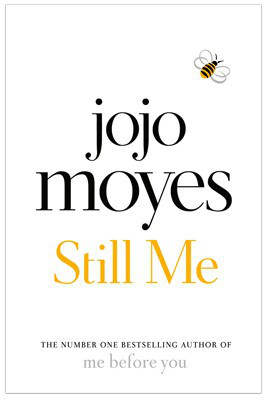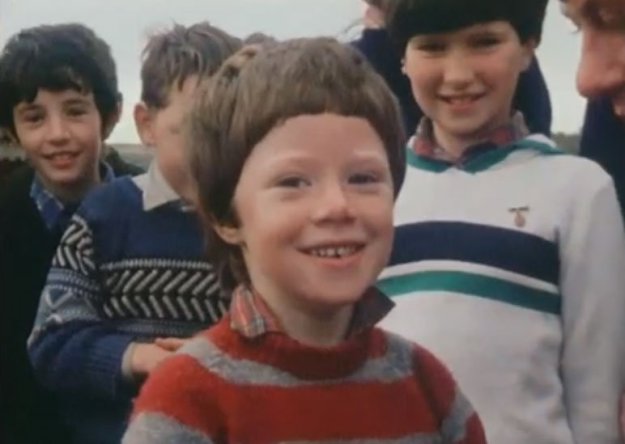
Nevada is the story of Maria, a young trans woman living in New York, struggling with her relationship to her body and her inability to be emotionally present in any of her relationships. It’s also about James, who lives in a small town in Nevada, and spends most of his time checked out on marijuana. When Maria’s girlfriend announces she’s been having sex with Maria’s friend and colleague, Maria wakes up to the fact she’s not really happy with any part of her life. I really wanted to read some more counter-culture books with trans characters (because I’m not a middle class teen and I’ve never been to a prom), and Nevada fits the bill.
This book is sharp and funny. I was genuinely laughing out loud a few pages in. Maria has a head full of queer and feminist theory, but treats it with irreverence and humour. Except when she doesn’t, then you get a full steam thought-diatribe on whatever’s wound her up. It’s a contrast to the wide-eyed innocence of trans people waking up to themselves in other trans novels I’ve read. Maria has access to other queer people, to support groups, to theory. It doesn’t necessarily make her life easy. It doesn’t solve all her problems. She’s still got all her hang ups about her body, and various self-protection strategies she’s built up as a child, which she can’t now drop in order to connect to other people and be present in her own life. So the humour is dark and the narrative is often on the edge. It feels intense and there’s a lot to process, but in a good way. The characters are frustrating, but for a reason—they spend a lot of time avoiding reality, avoiding emotions, avoiding making connections or facing tricky situations. They’re not role-models, they’re people. (Although I still wanted to scream at Maria for all the drunk driving.)
The style took me a little while to get into. Maria’s thoughts come full pelt all the time and the style is very naturalistic and conversational. There are a lot of fillers (like, anyway). It was fine once I’d got used to it, and I think the trick is to just go with it until it starts to flow. There are no speech marks, which works until the chapter where both James and Maria are thinking and talking at the same time, and then I lost the thread a bit. There were more than the average number of typos in the version I read, but it doesn’t distract too much. Weirdly, as I don’t often get hung up on this stuff, I thought a few times it’d have made more sense written in first person.
About halfway through the story, the point of view flips to James, a 20 year old stoner in small town Nevada. I didn’t realise this was going to happen, so I was a bit disoriented. His story soon joins up with Maria’s and you get a perspective from someone in a very different place with their gender identity. There’s a lot of reflection on the specific problems faced by trans women who are attracted to women and how patriarchal ideas about female sexuality and women’s bodies and men’s bodies feed into that.
The story doesn’t really have a resolution, which is a little unsettling, and maybe that’s the point. There’s this echo/not echo pattern with Maria and James. I guess that jagged feeling at the end is deliberate, in that Maria’s struggle, and both their struggles, don’t have a resolution. They’ll go on muddling through, dealing with some things, avoiding some things, making a shitty mess of some things. It would be naff if Binnie had tied a neat bow around it. However, there is still something a little unsatisfying about the end. I wanted to go back to Maria one final time.
I liked the story for its humour and realism. The characterisation is very strong. I liked that Maria wasn’t a wide-eyed innocent, she wasn’t a victim, but she still struggled. I liked that she’s trans and lesbian and punk. That her transness isn’t fit neatly into middle class America. I was still a bit unsure about the shape of the narrative towards the end. I was okay with the lack of resolution, but Maria gets kind of abandoned , which feels a bit odd when the whole first half is about her. Still definitely worth a look.
Advertisements Share this:




